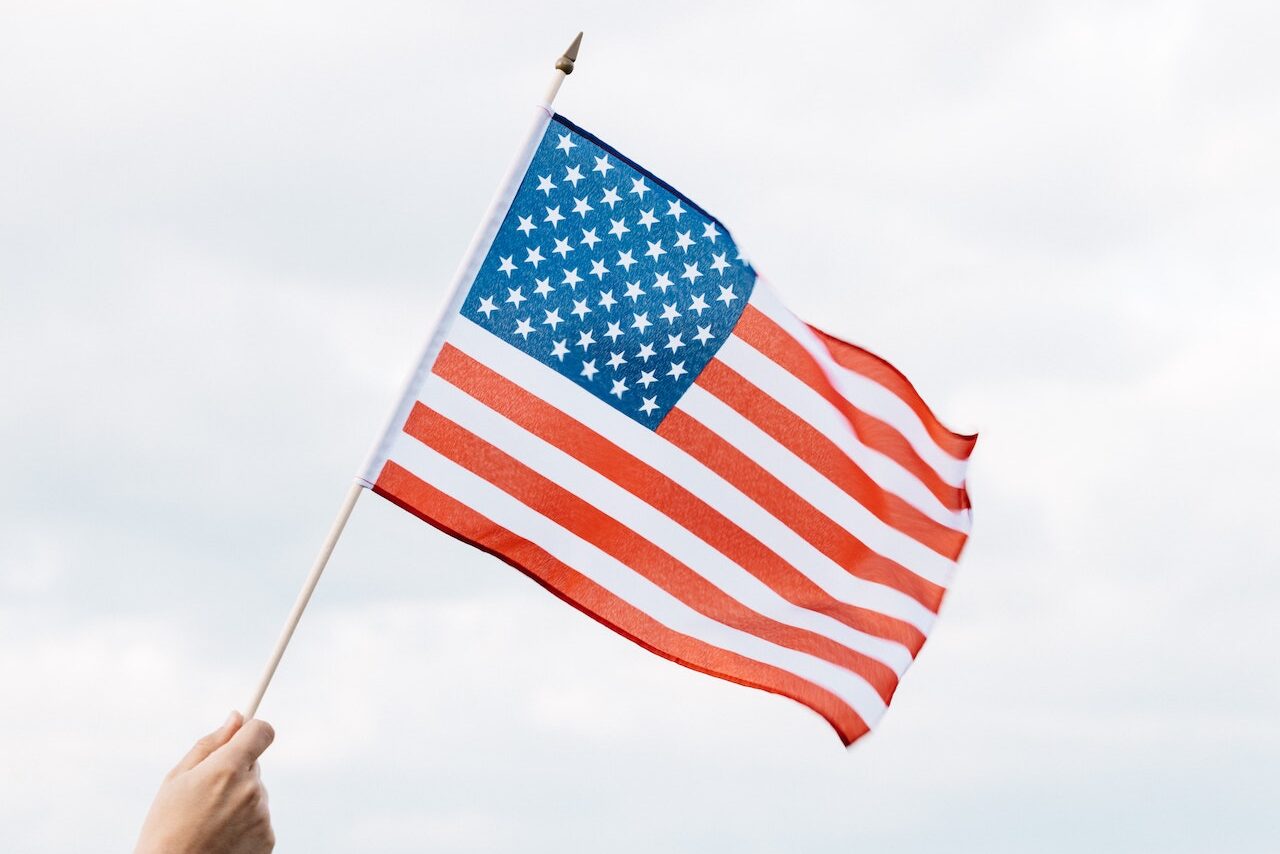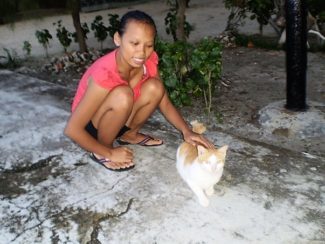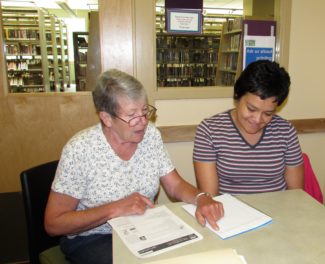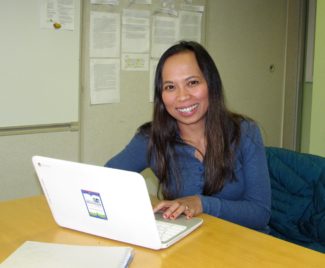A Love So Moving
Siti Maesaroh had two suitcases. She could not fit in them the entirety of her home in Indonesia with its soft, humid heat and its spicy sweet foods. Nor could she pack her aunt who’d raised her. And she couldn’t pack her beloved cat. Moving across the globe for love to a strange place called Durango was going to be the hardest challenge she’d ever faced.
Once in Colorado, Siti married the American who had come to her country to teach English until his visa ran out. She settled into a new routine. She encountered air so cold it felt solid on the skin. She discovered snow for the first time, too.
“I never wanted to go outside,” Siti laughs.
A Bone to Pick with Hope
Day by day, her homesickness ebbed. She enrolled in the ESL program at the Durango Adult Education Center. She secured janitorial work at Mercy Regional Medical Center. It was a definite step up from her previous job as a chef/nanny for a large Korean corporation. During her shifts, Siti realized bones fascinated her.
This was a surprise because Siti recalled telling her elementary school teacher, “I want to be a cop, like on TV!” Despite having to quit school when she was very young to work and support herself and her aunt, Siti did not hesitate to enroll in the GED program at the DAEC. She was determined to become a radiology technician. Her new life in the U.S. plumped with the nectars of possibility.
But then came the presidential election which ushered in a new administration wielding a topsy-turvy approach to immigration and deportation. Siti and her husband fretted. Was her visa essentially worthless now? Would her requests to renew it go unfulfilled?
If she was forced to return to Indonesia, her new dreams and big plans would not fit in those two suitcases.
Siti summoned the courage needed to make one more major sacrifice.
A Child’s Debt
Marie Roessler immigrated to the U.S. from Euorpe. It was 1953. She was only six and smack-dab in a bizarre country full of hot rods, Red Scares, Dean Martin, and I Love Lucy. She couldn’t speak the language and felt totally isolated at school.
Luckily, a local organization sponsored her family, connecting them not only to English lessons but also to jobs and housing. Gradually, the Roesslers knitted themselves into the fabric of American culture. Marie vowed then to one day pay back that kindness.
“I couldn’t pay back but I could pay forward,” Marie says. “Helping other immigrants become citizens is my way of paying that forward.”
When she retired in 2010, Marie readily enlisted as a volunteer for the DAEC’s Citizenship program.
In a Surprise Twist
Today, citizenship candidates face an arduous and expensive challenge. First, they must prepare for the Naturalization test, which includes reading and writing tests, as well as an oral civics test. Candidates must study 100 questions centered around the U.S. government’s history and design. Out of this pile of information, they’ll be tested on ten random items—six of which must be answered correctly. Next, they must complete an interview with an immigration officer where they showcase their English comprehension and communication skills. Add to all this the steep application fees and travel costs to and from the U.S. Immigration and Citizenship Services offices.
According to Marie, the path to citizenship can take up to 15 months in some cases.
Every time a tutee cleared all hurtles, Marie celebrated. “I feel elated and I know how happy they are,” she says.
In October, Marie gathered up her teaching supplies and set off for her study session with a new potential citizen—a young Indonesian woman named Siti.
To become a U.S. citizen, Siti would have to sacrifice her Indonesian citizenship. She’d have to close that door, sever the connection to her homeland for good. Become an outsider to her birthplace.
Together, Siti and Marie poured through the test questions. They discussed the political and current event articles Marie clipped from newspapers. All the while, Siti crunched through the application paperwork, gathering documents, biometrics, and proof of identity.
Then, in a twist that surprised both women, word arrived that Siti’s exam date was set for early January. The normally long process truncated into two and half months.
Her Place in the World
On the appointed day, Siti drove to Denver. Her heart hammered as she answered the 10 questions. The immigration officer conducting her interview was friendly, even jokey, but Siti was too nervous to joke back. Then the official clacked all the paperwork like a deck of cards and told Siti she had passed.
“That’s it?” Siti wanted to say. Besides being shocked, she felt so lucky. The process had gone so quickly and so smoothly for her.
And now Siti was miraculously immune from the increasingly erratic national deportation efforts. She was free to travel anywhere, for work or for adventure. Never again would her suitcases be too small. The world was vast and her place in it was boundless.
Thank you for your support
Your donation helps learners like Siti. Please consider making your tax-deductible gift today! 





